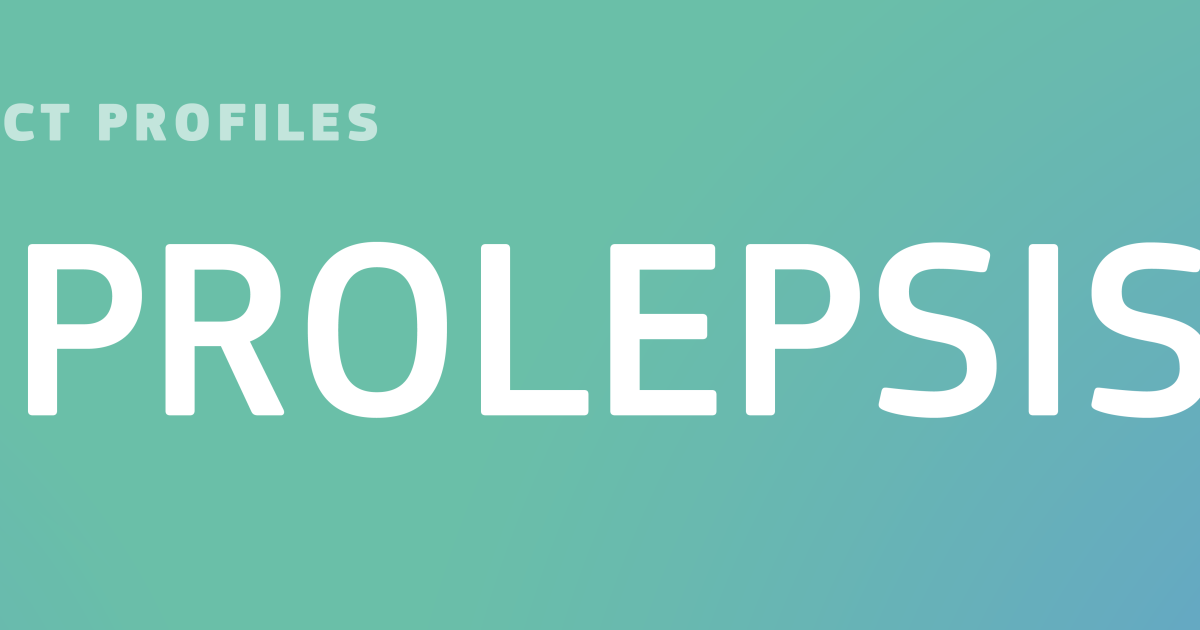Copyright europeantimes

29 October is World Psoriasis Day, a yearly reminder of the 125 million people worldwide who face the challenges and frustrations of psoriasis and psoriatic arthritis (PsA). This day is dedicated to raising awareness about these chronic conditions, promoting understanding and the need for ongoing research and support. On this occasion, HaDEA has spoken with Prof. Leontios Hadjileontiadis, the coordinator of the iPROLEPSIS project. How is your project contributing to the early detection, diagnosis and treatment of psoriatic arthritis (PsA)? The iPROLEPSIS project is a Horizon Europe research initiative that aims to transform how psoriatic arthritis (PsA) is managed in medical settings by using artificial intelligence (AI) and different types of biological data. PsA is a chronic inflammatory disease that often goes undiagnosed in its early stages, leading to irreversible joint damage and reduced quality of life. iPROLEPSIS addresses this challenge by developing a robust, predictive framework that enables: Early identification of individuals at risk for PsA, especially among psoriasis patients who may not yet show joint symptoms; Personalised diagnostic pathways using AI-enhanced analysis of clinical, genetic, and imaging data; Tailored treatment strategies based on predictive models that anticipate disease progression and therapeutic response. The project brings together a multidisciplinary consortium of clinicians, data scientists, researchers, industry, and patient representatives across Europe. It integrates clinical registries and novel digital biomarkers to construct comprehensive patient profiles. This approach supports precision medicine by enabling early detection and personalised interventions for individuals at risk of psoriatic arthritis. How has using AI-based technology in your project helped to improve the lives of those with PsA? The iPROLEPSIS project uses advanced artificial intelligence applied to big data to transform the early detection and diagnosis of psoriatic arthritis (PsA). It integrates data from clinical registries, patient feedback, and novel digital biomarkers to build predictive models that identify individuals at risk of developing PsA. This is particularly helpful for psoriasis patients who haven’t developed musculoskeletal symptoms yet. The project develops personalised representations for each patient, supporting doctors’ timely and targeted interventions. Unlike traditional diagnostic pathways, which often involve late referrals and subjective assessments, iPROLEPSIS uses data to allow for more precise and faster clinical decision-making and treatment. The project’s approach improves individual outcomes and generates population-level insights that can inform broader healthcare strategies. By bridging dermatology and rheumatology and promoting personalised care, iPROLEPSIS sets a new standard for managing PsA across Europe. Have you encountered any significant challenges in implementing your project and integrating your solutions in broader healthcare systems? If yes, could you briefly expand on this? Yes, the iPROLEPSIS project has faced several challenges in its implementation and integration into broader healthcare systems. One of the key issues has been navigating ethical approvals and data governance, which vary significantly across countries and institutions. These processes, while essential for ensuring patient privacy and responsible data use, often introduce delays in accessing medical records and using digital tools. On the digital side, other major challenge is the restrictions from technology providers and the interoperability of different systems. Integrating AI-driven solutions into existing healthcare infrastructures requires alignment with electronic health record systems, many of which operate under their own standards or older systems. Additionally, limitations in smartphone operating system have created barriers to deploying mobile-based health monitoring tools. The differences in operating systems, their updates and privacy policies can limit use or delay rollout across platforms. Despite these challenges, iPROLEPSIS remains committed to its mission of enabling early, personalised PsA care. The consortium continues to adapt its strategies to ensure ethical compliance, technological robustness, and clinical relevance across diverse healthcare settings. How important is the support of EU funding and collaboration for your project? The support of EU funding and collaboration has been absolutely vital to the success and strategic direction of the iPROLEPSIS project. Horizon Europe has not only provided the financial foundation for innovative research in early PsA detection, but also enabled a robust, interdisciplinary network of clinical, academic, and technological partners across Europe. This collaborative framework has empowered us to tackle complex challenges. Moreover, the extended support ecosystem, including initiatives like the Horizon Booster, has helped us to amplify our outreach, refine our exploitation strategy, and prepare for future scalability. As we move forward, this EU-backed collaboration continues to be a cornerstone for expanding our impact, fostering public-private partnerships, and ensuring that the AI-driven solutions developed within iPROLEPSIS are not only scientifically sound but also clinically deployable and commercially viable. We see this support as a foundation for sustained innovation and societal benefit in the field of diseases related to immune system disorders. Horizon Europe is the research and innovation programme of the EU for the period 2021-2027. The aims of Cluster 1 ‘Health’ include improving and protecting the health and well-being of citizens of all ages by generating new knowledge, developing innovative solutions and integrating where relevant a gender perspective to prevent, diagnose, monitor, treat and cure diseases. Horizon 2020 (H2020) was the EU’s multiannual funding programme between 2014 and 2020.



